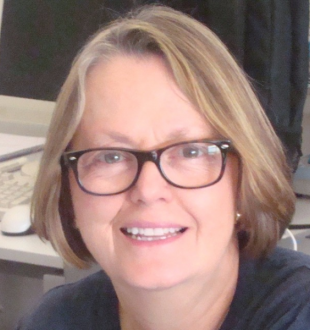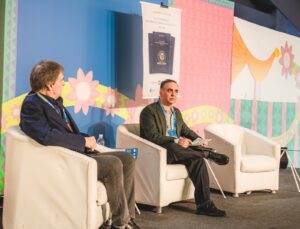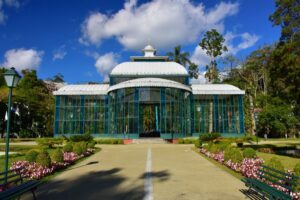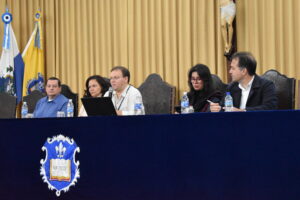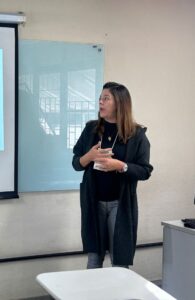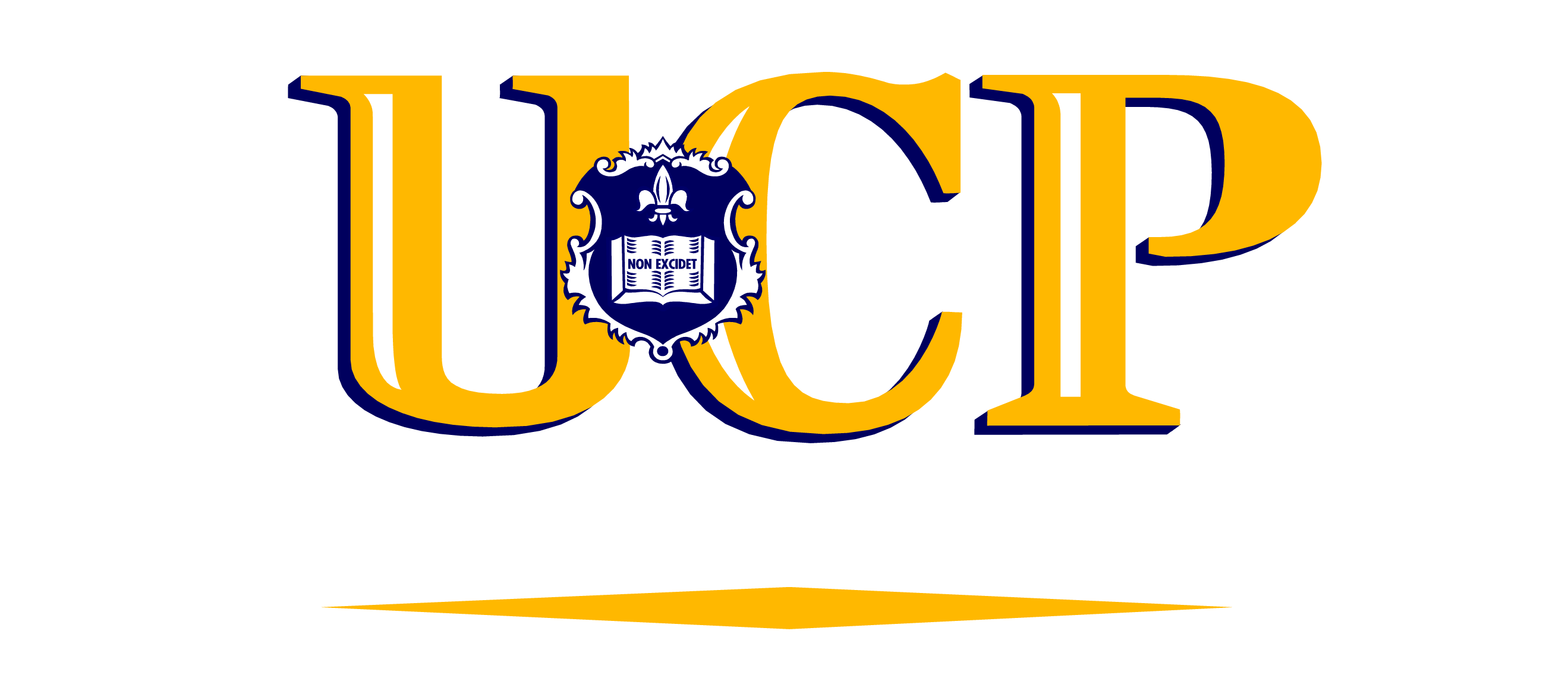The Catholic University of Petropolis was founded in May 1953, and it was the first higher education institution in the city of Petropolis. Close to its 70 years of existence, UCP is proud to be one of the oldest universities in the country, articulating tradition and innovation in the institutional development. In 1977, under the supervision of Professor Hanns Ludwig Lippmann, UCP began to offer an undergraduate course in Psychology.
The Stricto Sensu Postgraduate Program in Psychology with an exclusive concentration area in “SOCIAL COGNITION” was recommended by CAPES in December 2011 and has been in operation since March 2012. It is structured around the commitment of its doctoral professors and hosted by the Health Sciences Center. Professor Helmuth Krüger, who idealized the program, kept his role in coordination, teaching, and scientific production until his death in December 2021. In this area of concentration, social cognition is understood as a research approach, related to the investigation of themes from different fields, basic and applied science of psychology.
Theoretically, social cognition integrates processes, contents, and psychological states, which build, process, conserve and retrieve information resulting from personal experience, when facing social objects. Mental representations influence human actions performed in all socio-cultural contexts under the most different conditions of social interaction. The emphasis given to social cognition is a result from a decision made on the main research object. in 2011, the regulatory institution for postgraduate programs (CAPES), registered after the master’s approval: “This master’s degree in Psychology at UCP will make a difference for the area of psychology in the State of Rio de Janeiro and for the psychology of Brazil, due to the chosen concentration area”.
Until 2017, the program included two lines of research: “Cognitive processes, social interaction and social problems” and “Cognitive processes, theoretical foundations and applications”. From 2018, as suggested by the CAPES report, the program opted for one line of research: “Cognitive processes, social interaction and social problems”.
The aims of this Master’s Program are (1) training professionals to carry out theoretical studies and empirical research from the perspective of social cognition, as well as (2) training professionals for teaching related disciplines and (3) developing projects with a vocation to cooperate with social transformation.
The program fills a gap of postgraduate education in Petropolis and serves professionals working and teaching in neighbor municipalities. The multiprofessional range of this course, aimed at postgraduate training of professionals in Psychology and related fields, meets social and institutional interests, benefiting the municipalities of the region with little professional experience.


